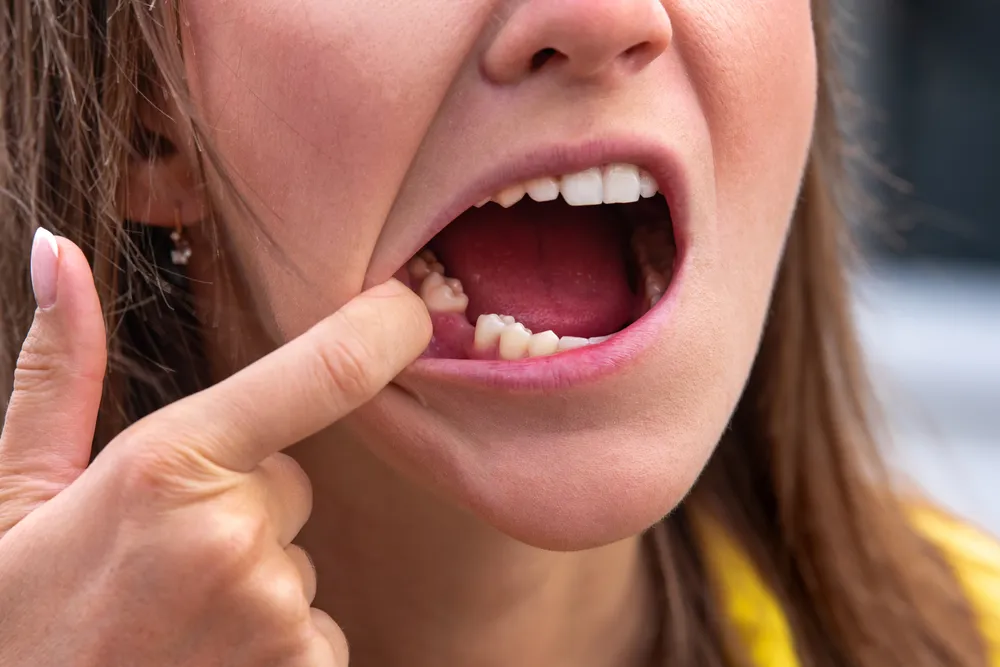Soda After Wisdom Teeth Removal: A Fizz-Free Guide to Healing
The aftermath of wisdom teeth removal can be a time of discomfort and restricted diet. Cravings for your favorite beverages, including soda, are natural. But is indulging in a can of soda wise after this oral surgery? This comprehensive guide explores the potential downsides of soda after wisdom teeth removal and offers alternative beverage options to keep you hydrated and promote healing.
The Healing Process: Why Caution is Key After Wisdom Teeth Removal
Following wisdom teeth removal, a blood clot forms in the socket where the tooth was extracted. This clot is crucial for healing and preventing infection. Here’s why soda might not be the best choice during this delicate time:
- Carbonation: The fizz in soda can dislodge the blood clot, increasing the risk of a painful condition called dry socket. This occurs when the exposed bone and nerves are no longer protected by the clot, leading to significant discomfort.
- Sugar Content: Soda is laden with sugar, which can create an environment conducive to bacterial growth and potentially increase the risk of infection in the extraction site.
- Acidity: The acidic nature of some sodas can irritate the sensitive tissues in the mouth, causing additional discomfort.
Beyond the Fizz: Alternative Beverages for Optimal Healing
Staying hydrated is essential after wisdom teeth removal. Here are some beverage options that promote healing and won’t disrupt the clotting process:
- Water: Plain water is the gold standard for hydration. Aim to drink plenty of water throughout the day to keep your mouth moist and promote healing.
- Unsweetened Tea: Opt for lukewarm or cold unsweetened green tea or black tea. These contain minimal sugar and offer some beneficial antioxidants.
- Electrolyte Drinks: If you experience significant sweating or fluid loss, consult your dentist about electrolyte-replenishing drinks to prevent dehydration.
- Milk: Milk provides essential nutrients like calcium and protein, which can aid healing. Choose low-fat or skim milk to minimize sugar intake.
- Smoothies: Prepare smoothies using fruits, yogurt, and low-fat milk for a nutritious and hydrating option. Ensure the fruits are soft and the smoothie is blended well to avoid straining while drinking.
Remember: Always consult your dentist before consuming any beverages besides water after wisdom teeth removal. They can provide specific recommendations based on your individual case and healing progress.
The Long Fizz-Free Road: Timeline for Reintroducing Soda
While completely avoiding soda during the initial healing phase (typically 3-4 days) is recommended, gradually reintroducing it later is possible:
- Wait for the Clot to Form: Allow sufficient time for the blood clot to stabilize. This typically takes around 3-4 days after surgery.
- Start with Flat Soda: If your dentist approves, opt for flat soda initially to minimize the risk of dislodging the clot. You can achieve this by letting the soda lose its fizz naturally or using a special tool.
- Introduce Gradually: Start with small sips and monitor your body’s response. If you experience any discomfort, avoid soda for a longer duration.
It’s important to prioritize your recovery and prioritize beverages that promote healing.
Frequently Asked Questions (FAQ)
Q: Can I drink diet soda after wisdom teeth removal?
- A: While diet soda avoids the sugar issue, it still contains carbonation, which can dislodge the blood clot. It’s best to avoid all carbonated beverages during the initial healing phase.
Q: What are some signs of dry socket?
- A: Signs of dry socket include throbbing pain in the extraction site, a bad taste in your mouth, and visible bone in the socket. If you suspect dry socket, consult your dentist immediately.
Q: How long will it take for my mouth to feel normal after wisdom teeth removal?
- A: Complete healing can take several weeks. However, most discomfort subsides within a few days to a week with proper care.
Q: Can I use a straw after wisdom teeth removal?
- A: Using a straw can create suction in the mouth, potentially dislodging the blood clot. Avoid using straws during the initial healing phase.
Remember, following your dentist’s post-operative instructions is crucial for a smooth recovery. Prioritize beverages that promote healing and avoid anything that might jeopardize the clotting process.
Beyond Beverages: Additional Dietary Tips for Speedy Recovery
While focusing on proper hydration is essential, maintaining a balanced diet after wisdom teeth removal is crucial for optimal healing. Here are some dietary recommendations to promote tissue repair and minimize discomfort:
- Soft Foods: Stick to soft foods that require minimal chewing during the initial healing phase. Opt for mashed potatoes, yogurt, applesauce, soups, and well-cooked vegetables.
- Nutritious Choices: Include plenty of fruits, vegetables, and lean protein sources in your diet to provide your body with the necessary nutrients for healing.
- Room Temperature or Cold Foods: Avoid very hot foods that can irritate the extraction site. Opt for lukewarm, cold, or room-temperature foods.
- Small Frequent Meals: Eating smaller, more frequent meals throughout the day is easier on your digestive system and reduces stress on the healing tissues.
Here are some additional tips to promote a smooth recovery:
- Avoid Smoking and Alcohol: Smoking and alcohol consumption can impede healing and increase the risk of infection. Abstain from these substances during the recovery period.
- Gentle Brushing: Maintain good oral hygiene by gently brushing your teeth twice a day and flossing once a day. Avoid brushing directly on the extraction site.
- Rest and Relaxation: Allow your body ample rest to promote healing. Avoid strenuous activity as instructed by your dentist.
The Power of Patience: Importance of Following Dentist’s Instructions
While this guide offers general information about post-operative care after wisdom teeth removal, remember that every individual heals differently. The most crucial factor for a smooth recovery is following your dentist’s specific instructions meticulously. They will tailor their advice based on your unique case and any potential complications.
- Post-Operative Consultation: Attend all follow-up appointments scheduled by your dentist. This allows them to monitor your healing progress and address any concerns you might have.
- Pain Management: Your dentist will prescribe medication to manage pain after surgery. Take medication exactly as prescribed and don’t hesitate to reach out to them if the pain is not adequately controlled.
- Listen to Your Body: Pay attention to your body’s signals. If you experience any unusual swelling, severe pain, or signs of infection (fever, pus drainage), consult your dentist immediately.
By following a combination of these dietary and recovery tips, along with your dentist’s specific guidance, you can ensure a smooth and comfortable healing journey after wisdom teeth removal.
Conclusion: A Brighter Smile and a Healthier You
Wisdom teeth removal, while an oral surgery procedure, is a common experience for many young adults. By prioritizing proper hydration, maintaining a balanced diet, and following your dentist’s post-operative instructions, you can minimize discomfort and promote a speedy recovery. Remember, a little patience and following the right advice can lead to a healthier you and a brighter, pain-free smile.




